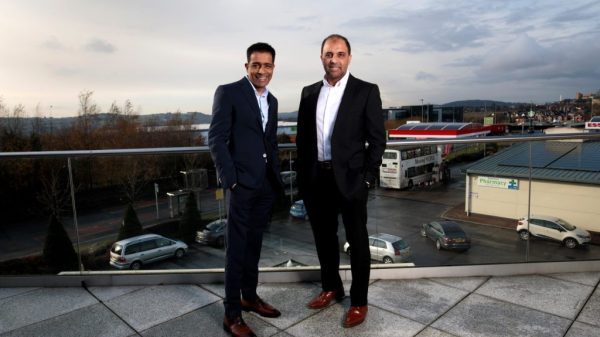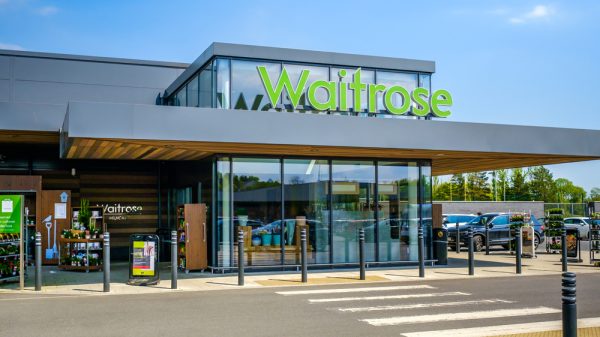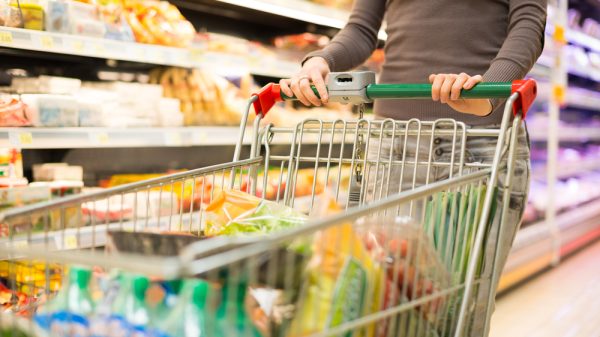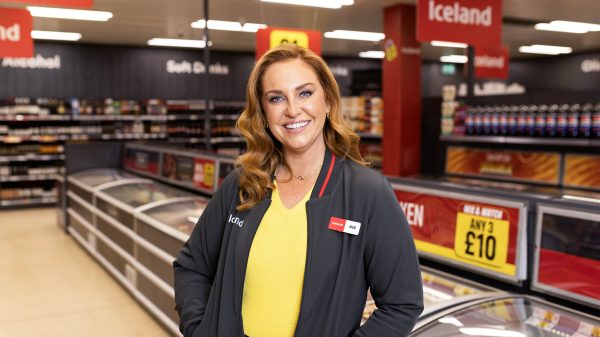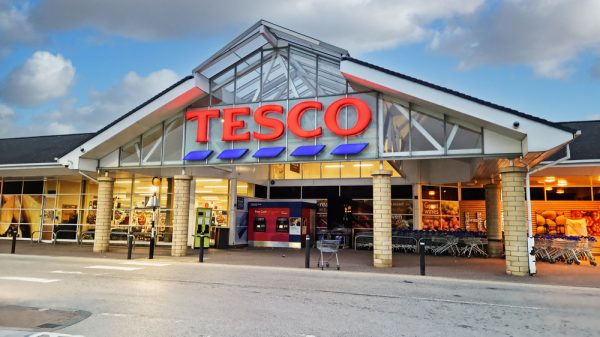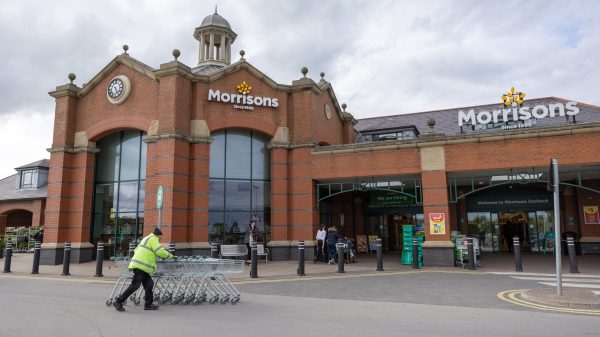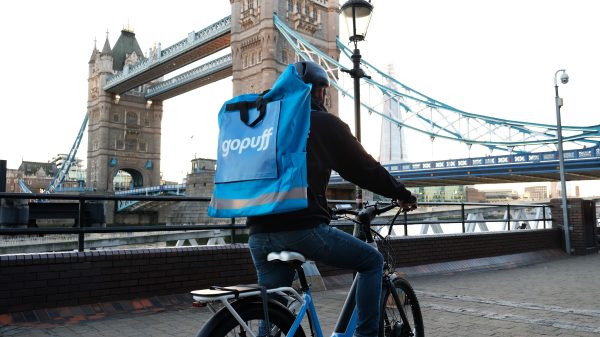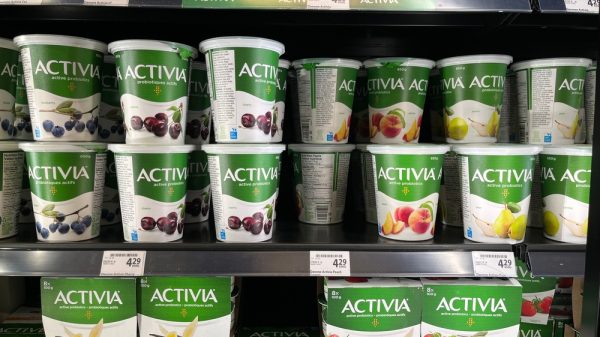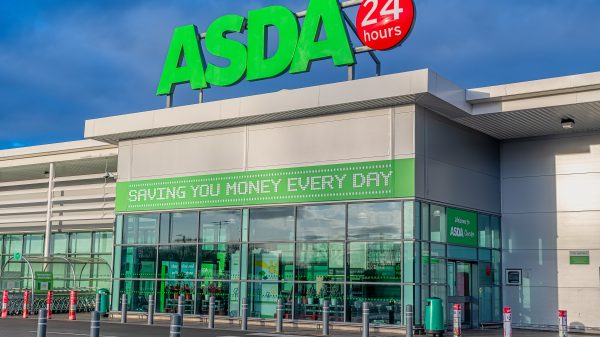“People are telling us they’re skipping meals so they can feed their children. That they are turning off essential appliances so they can afford internet access for their kids to do their homework.”
This is a statement from the Trussell Trust, the UK charity which campaigns to end food poverty while supporting a nationwide network of food banks and providing emergency support to those who need it.
Head of policy, Sumi Rabindrakumar, tells Grocery Gazette that the NGO saw a “real acceleration” of the need for food parcels towards the end of last year.
“It was way above what we would expect when we compare it to previous years,” she says.
“December just gone was one of the busiest on record outside of the pandemic. That gives you a sense of the scale of the warning signs that we have been seeing in recent months.”
Food parcels: The numbers game
Annual figures from the Trussell Trust revealed that the number of food parcels being issued has increased by 14% over the past year. From October 2021 to March 2022, 2.1 million parcels were sent out – more than the whole year of 2016/2017.
Each package contains enough food for three meals a day for three days, providing over 19 million meals to low-income families across the UK. Alarmingly, over 830,000 of these parcels were destined for children, a 15% rise when compared to the same period in 2019/2020.
READ MORE: Food prices are a big worry for 76% of Britons
As the price of everyday essentials continues to rise, incomes are now lagging way behind the cost of living, leading to charities like the Trussell Trust seeing an unprecedented increase in the need for emergency food parcels.
According to the Office of National Statistics (ONS), inflation has reached a 40 year high. Furthermore, supermarket food prices for the lowest-priced items have surged over the past 12 months with essentials such as pasta up 50% year on year.
The scale of the problem is no secret, with Iceland’s managing director Richard Walker saying that the soaring inflation has meant that the supermarket is: “starting to lose some customers to food banks.”
Covid-19, inflation rates and rising prices have undoubtedly contributed to an increased need for emergency food parcels. However, underlying numbers demonstrate the number of consumers turning towards food banks has steadily been increasing for years.
Data from the Trussell Trust revealed that the number of food parcels provided increased from 40,898 to 1,112,395 between 2009/2010 and 2015/2016, an increase of roughly 2,620%.
READ MORE: Cost of living: Which? reveals grocery prices soar by over 20%
With more people forced to use emergency food parcels, is it possible that food banks might not have the resources to feed everyone in their community in the future?
“The picture in terms of donations and the provision of food obviously varies on a case-by-case basis,” says said Rabindrakumar.
“It depends on the individual food bank. Across the network as a whole, we’re not necessarily seeing that reaching a sort of crisis point at the moment.
“But we do know from what food banks tell us that there are some which are struggling with donations. As the cost of living crisis starts to bite right across households, that will affect people’s capacity to donate as they have in the past.”
Many areas of the UK are already struggling to meet the demands of their community. At the same time more consumers are turning towards food banks, fewer donations are coming through in response to belts being collectively tightened right across the country.
Is the government’s contribution to food banks enough?
In a bid to mitigate what Rabindrakumar calls “the worst of the crisis”, the chancellor, Rishi Sunak, recently announced a ‘mini budget’ that will see the government providing welfare support to the poorest households across the UK.
Trussell Trust’s chief executive Emma Revie welcomed the budget, saying: “He has done the right thing in using the social security system to support people on the very lowest incomes who are desperately struggling to make ends meet.
“These increases can mean the difference between skipping meals and being able to put food on the table.”
But is this one-off payment enough? Revie continued: “This is exactly the kind of investment we need in our social security system, so we all have the security and stability of a strong benefits system not just in times of national crisis, but every day.
“It should be our social security system, not food banks, that provides families with the stability and security we all need to ensure we are all kept warm, fed and dry.”
READ MORE: Deliveroo partners with Trussell Trust to combat cost of living crunch
The Trussell Trust fully supports the chancellor’s budget. However, Rabindrakumar says the long term need for food banks in the UK “won’t change unless we see sustained investment in social security system rather than one-off investment”.
Lack of income not lack of food
Ultimately, the Trussell Trust’s goal is to end the UK’s dependence on food banks and to ensure everyone is free from hunger.
Revie added: “We know that hunger in the UK is about lack of income rather than lack of food. That’s why we want to do all we can to ensure that people have enough income in their back pockets to afford the essentials we all need to get by so to eat to stay warm and dry. To keep clean.
“These are the absolute essentials we need and we should all have access to. That’s why we are calling for a long-term investment in our social security system and local crisis support. So people have enough to afford the essentials.”
The government’s lack of long-term investment, combined with a frightening uptake in the number of people using food banks over the last decade suggests their goals may not be in line with the Trussell Trust.
After all, just last month, Tory MP Lee Anderson said he had attended cooking and budgeting courses at his local food bank and claimed that Brits who rely on food banks “cannot budget” and “cannot cook properly”.
As a result, It’s not far-fetched to conclude the government will continue to rely on food banks like the Trussell Trust to do the job for them – perhaps with the odd high-profile photo shoot thrown in for good measure.

